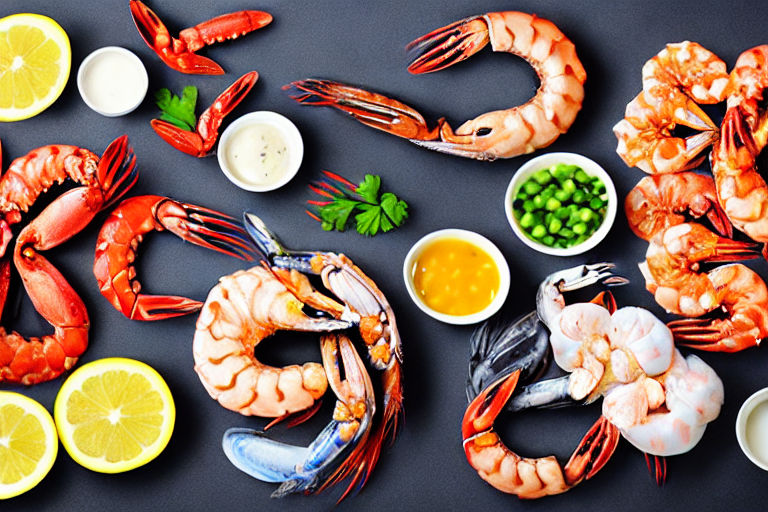The History of the French Language
The Gallo-Romance Period (500-842)
The French language emerged from the Gallo-Romance dialects spoken in northern Gaul during the Roman Empire. These dialects were derived from Vulgar Latin, the spoken form of Latin used by the common people.
- The Franks, a Germanic people, conquered Gaul in the 5th century.
- The Gallo-Roman dialects continued to be spoken by the conquered population.
- Frankish influence led to the adoption of some Germanic words and grammatical structures.
The Old French Period (842-1300)
The Carolingian Renaissance in the 9th century marked the beginning of the Old French period. During this time, the written form of French began to emerge.
- The first written documents in Old French appeared in the 10th century.
- Old French was a highly inflected language, with a complex system of noun and verb declensions.
- The Norman Conquest of England in 1066 had a significant influence on the development of Old French.
The Middle French Period (1300-1600)
The Hundred Years' War (1337-1453) between France and England led to a decline in the use of Old French.
- Middle French emerged as a more standardized and simplified version of Old French.
- The Renaissance in the 16th century had a major impact on Middle French, with the adoption of many new words from Latin and Greek.
- Printing was introduced to France in the 15th century, which helped to spread the use of Middle French.
The Modern French Period (1600-Present)
Modern French emerged in the 17th century with the founding of the Académie française. The Academy's goal was to standardize the French language and preserve its purity.
- French became the language of culture and diplomacy throughout Europe.
- French has continued to evolve over the centuries, with the adoption of new words and phrases from other languages.
- French is now spoken by over 300 million people worldwide.
Conclusion
The history of the French language is a long and fascinating one, spanning over two thousand years. From its origins in Vulgar Latin to its current status as a global language, French has undergone many changes and adaptations.
Today, French is a rich and vibrant language that is spoken by people from all walks of life. It is a language of culture, art, and diplomacy, and it continues to play an important role in the world today.



